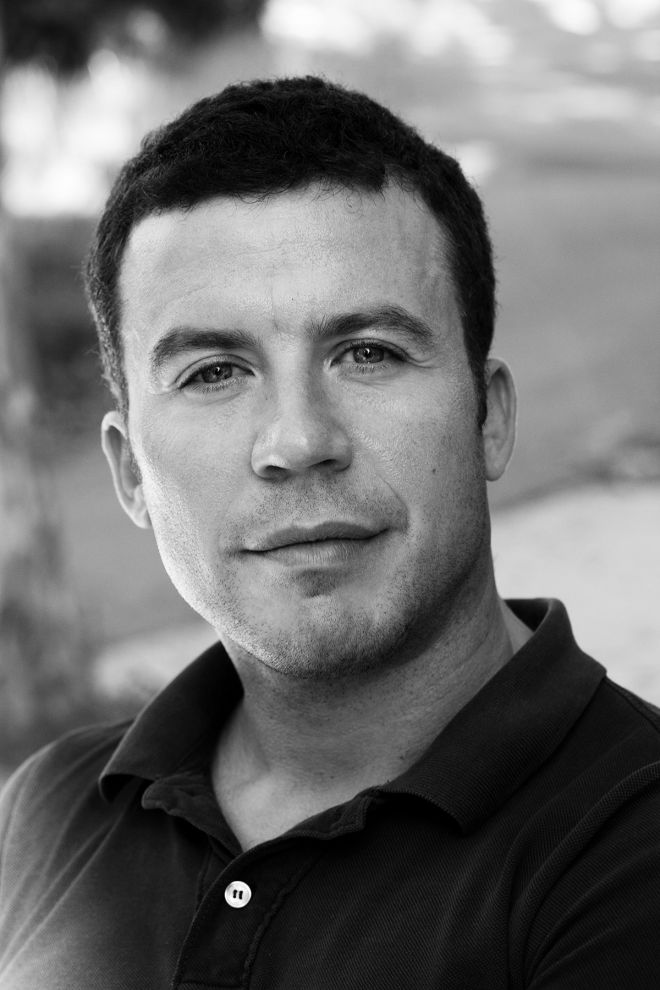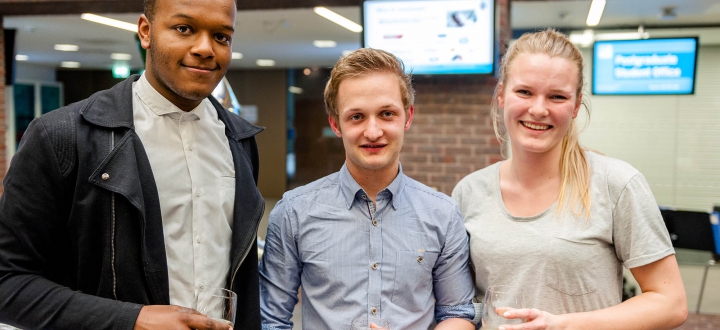Nick Mai - trafficking and sex work
 It took a lot of hard work and dedication to his research for Nick Mai to secure some of Europe's most prestigious research funding. But what isn't immediately obvious is the level of impact his project does and will have on public attitudes and perceptions of immigration, sex work, and trafficking.
It took a lot of hard work and dedication to his research for Nick Mai to secure some of Europe's most prestigious research funding. But what isn't immediately obvious is the level of impact his project does and will have on public attitudes and perceptions of immigration, sex work, and trafficking.
Simply by understanding the real human stories behind the statistics, you'll most certainly rethink what you thought you knew about it, and perhaps feel quite confronted by the truth behind the widespread myths and misconceptions of this starkly taboo topic.
The complexities of the topic's 'grey areas' - those between 'black and white', right and wrong, moral and immoral, and between legal, decriminalised, and illegal - provide a fascinating insight into lives and stories that too many of us know little to nothing about.
It's estimated, for example, that in the UK, between 6% and 15% of migrant sex workers have been trafficked, i.e. forced or coerced into sex work. This reality is in fact contrary to popular perceptions that the majority of migrant sex workers are victims of trafficking.
Now consider this real majority of sex workers who have perhaps entered into different arrangements - arrangements that are voluntary, often temporary, and designed to create economic freedom and ultimately better lives for themselves.
Professor Mai's work highlights that interventions designed to help those who've been trafficked often have the opposite effect. For example, a brothel raid in the UK will bring migrant sex workers to the immediate attention of the Home Office. Without their papers, they face deportation. Raids like this then encourage these sex workers to move further underground and to further alienate themselves from health services.
His European Research Council-funded project - SEXHUM: migration, sex work and trafficking - will explore where policy might improve in four countries with very different approaches to sex work. Sydney and Melbourne, Paris and Marseille, Auckland and Wellington, and New York and Los Angeles will be covered over the project's four year span.
What are the implications of the introduction of the 'Swedish model' in France, where sex work is considered an act of violence against women? Initial studies have shown that trying to reduce the 'demand' for sex work is forcing sex workers to take risks by accepting unsafe clients and by working in unsafe and less visible places.
Or, which approach provides greater protection to sex workers - Australia's decriminalisation, or the laws in the United States that make sex work completely illegal? Decriminalisation in New Zealand, for example, still creates an underground for migrant sex workers. In New York, sex work constituting a criminal offence completely changes the landscape - trafficking became synonymous with sex work, and the Human Trafficking Intervention Courts predominantly target African-American women, further racialising and criminalising existing barriers to social mobility.
The ethnographic aspects of Professor Mai's project will bring the human stories to life through film. Through the sharing of first-hand experiences of real individuals, the project's findings will serve to change policy around the world for the better.
TRAVEL - the Trailer (2016)
Travel (63 min) is a two-screen, ethnofiction film-installation presenting the life history of Joy, a Nigerian migrant woman selling sex in the Bois de Vincennes in Paris.
Contact us
Development, Alumni Relations and Engagement (DARE)
2nd Floor, Main Building
Penrhyn Road
Kingston upon Thames
Surrey KT1 2EE
Tel: +44 (0)20 8417 3664
Email us
Contact us
Development, Alumni Relations and Engagement (DARE)
2nd Floor, Main Building
Penrhyn Road
Kingston upon Thames
Surrey KT1 2EE
Tel: +44 (0)20 8417 3664
Email us

